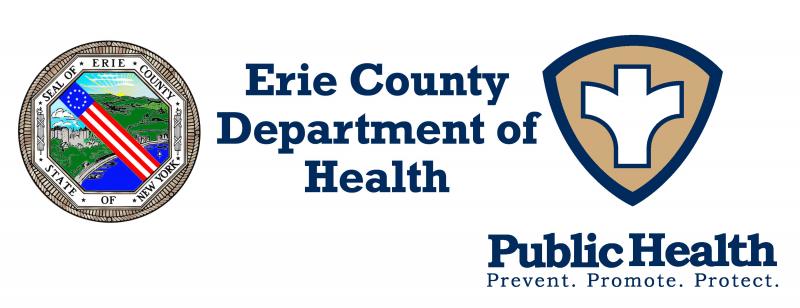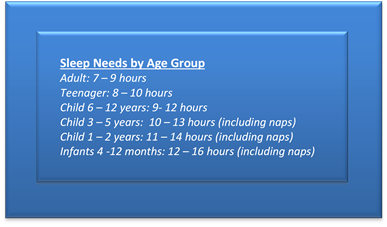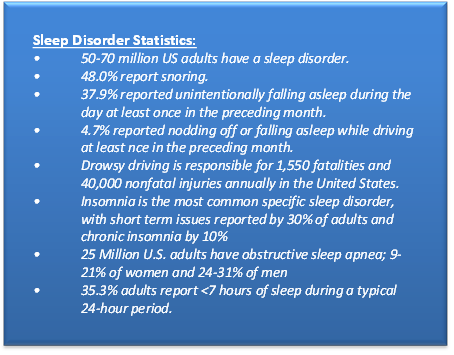Modified: April 26, 2017 11:03am
Latest News

PRESS RELEASE
From the Office of the Commissioner of Health, Dr. Gale R. Burstein
Date: April 26, 2017
CONTACT: Mary C. St. Mary/Mary.StMary@Erie.Gov
Phone: 716.858.4941/ Mobile: 716.253.3925
National Sleep Awareness Week
Sleep Deprivation Can Adversely Affect Physical & Mental Health
ERIE COUNTY, NY— National Sleep Awareness Week (April 23-29th) emphasizes the visible dangers of sleep deprivation such as drowsy driving, stress, anger and road rage. But the dangers do not end there. Sleep deprivation can undermine all areas of your physical and mental health.
“Sleep deprivation weakens the immune system leaving us more susceptible to other diseases and disorders like diabetes, cancer and even the common cold,” said Dr. Gale Burstein, Erie County Commissioner of Health.
What Is Sleep Deprivation? When someone is in a chronic sleep-restricted state they will notice excessive daytime sleepiness, fatigue, clumsiness, and weight gain or weight loss. In addition, being sleep-deprived affects both the brain and cognitive function.
It is not uncommon for people who suffer from sleep deprivation due to sleep disorders, such as sleep apnea, narcolepsy, and insomnia, to also suffer from additional health problems including diabetes, asthma, or depression.
Sleep deprivation causes stress. Stress weakens our immune system. Both sleep deprivation and stress can upset your mental processes, causing confusion, memory loss, irritability or emotional highs and lows. For individuals with a mental health disorder, sleep deprivation may worsen their condition.
Many elderly people suffer from insomnia and other sleep disorders. For the elderly, sleep deprivation can be even more dangerous. Sleepy people are less focused on what they are doing or where they are going, which could lead to falls or even becoming lost on an unfamiliar street.

Obstructive sleep apnea (“OSA”) causes people to stop breathing repeatedly at night, during sleep, due to throat muscle relaxation. It is estimated that 18 million Americans have OSA, and of those, 80 percent remain undiagnosed.
Untreated, OSA has been found to significantly increase the risk of diabetes, high blood pressure, heart disease, heart attack and stroke.
Consult a medical professional if you experience, or if your partner notices, the following:
- Snoring loud enough to disturb the sleep of others or yourself
- Shortness of breath, gasping for air or choking that awakens you from sleep
- Intermittent pauses in your breathing during sleep
To stay healthy, be sure you get the sleep you need. It may necessitate a lifestyle change such as reducing optional activities or altering your sleep habits, like going to bed earlier. Your body will thank you for the extra time to rest and rejuvenate!
# # #
For More Information:
US News & World Report: What is Sleep Apnea and Should You Be Tested?

